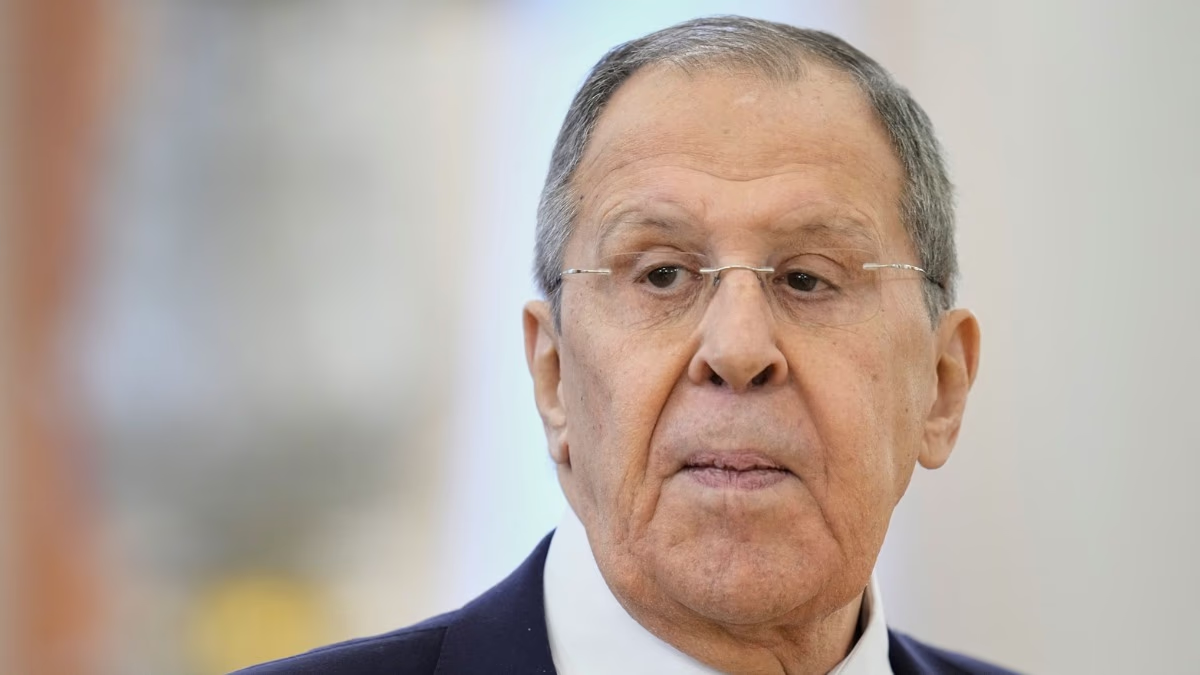The relationship between India and China has many layers of complexity. During the second week of May, amidst tensions on the India-Pakistan border, China openly supported Pakistan's stance. Despite the trade between China and India exceeding $100 billion in fiscal year 2024, China has often played a double game, backing Pakistan, which exacerbates regional security concerns. Russia believes Western countries are the true instigators behind any chasm between China and India.
In a recent statement, the Russian Foreign Minister addressed the India-China relationship, holding Western countries accountable for the growing rift between the two nations.
Russian Foreign Minister Sergey Lavrov remarked that Western countries are scheming to sow discord between India and China as part of a deliberate strategy. They are actively engaged in a 'Divide and Rule' policy to deteriorate relations between these two nations—a concern echoed by Russian President Vladimir Putin.
Minister Lavrov highlighted that Western nations have unveiled their anti-China stance by rebranding the Asia-Pacific region as the 'Indo-Pacific.' Their intention appears clear: to escalate disputes and mistrust between pivotal friends like India and China.
Attempt to Undermine ASEAN's Influence
Foreign Minister Lavrov accused Western countries of weakening ASEAN (Association of Southeast Asian Nations) as they attempt to assert dominance in Southeast Asia, similar to their efforts worldwide.
Also Read: Celebrations at India-China Border, Troops Exchange Gifts
What is ASEAN?
ASEAN is an alliance of 10 countries, including Indonesia, Thailand, Brunei, Myanmar, Malaysia, the Philippines, Singapore, Cambodia, Laos, and Vietnam. This group is a pillar for promoting stability, prosperity, and partnerships in Asia.
Its headquarters are located in the capital of Indonesia, Jakarta, established in 1967.




